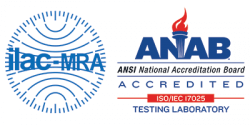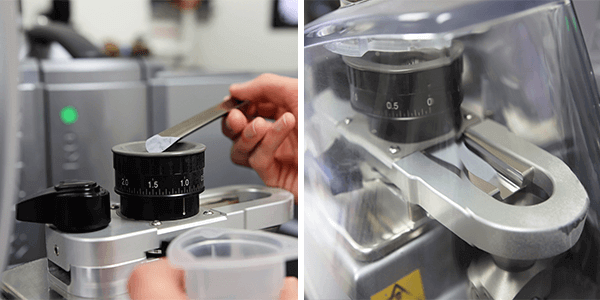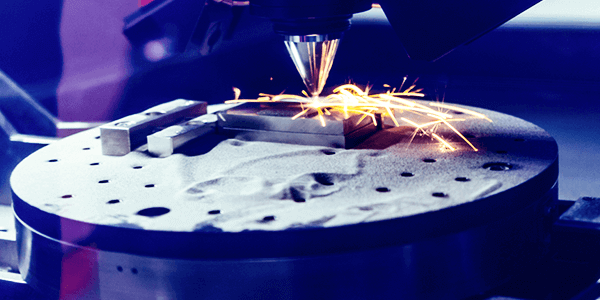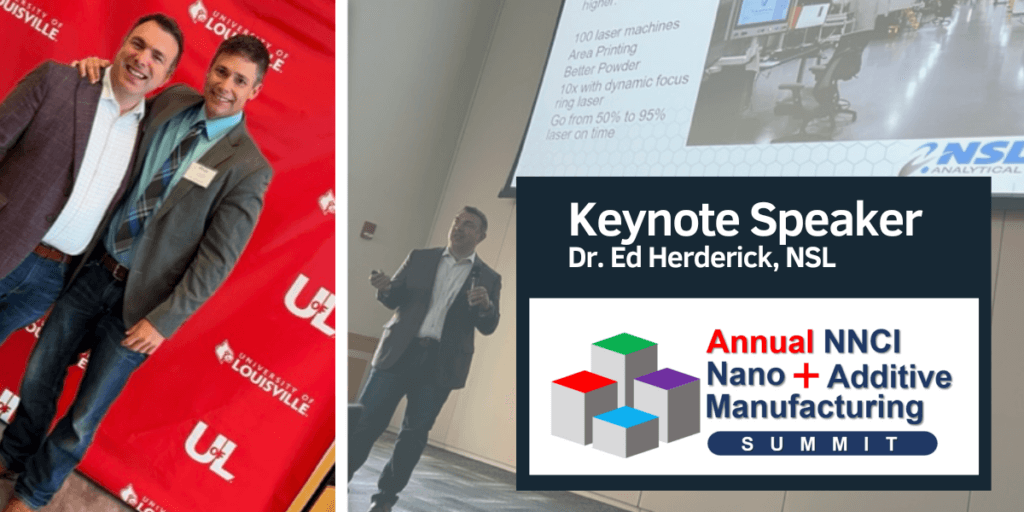
NSL Metallurgical Laboratory Receives ISO/IEC 17025 Recertification
NSL Analytical Services’ metallurgical testing laboratory successfully completed the ANAB ISO/IEC 17025 recertification audit. The auditor reported no findings or observations for the second year in a row. This is a prestigious designation for the quality and competence of NSL’s services.
During the audit process, ANAB verified all the current scope items to assure the quality of NSL’s metallurgical testing services. These results confirm that NSL’s laboratory operates within all testing parameters. “This accreditation recognizes the testing competence in everything we do,” said Ron Wesel, CEO of NSL. “NSL has been ISO/IEC 17025 accredited since it was first issued in 1999. Our commitment to quality and continuous improvement has made our accreditation of ISO/IEC 17025 a cornerstone of trust for our clients.”
About ANAB and ISO Accreditation
ANAB, the ANSI National Accreditation Board, is the largest multi-disciplinary accreditation body in North America and services more than 75 countries. It is the single most important standard for calibration and testing laboratories around the world. Laboratories accredited to this international standard demonstrated that they are technically competent and able to produce precise and accurate test and/or calibration data.
This accreditation is a voluntary, third-party-reviewed process. As part of accreditation, an auditor thoroughly evaluates a laboratory’s quality management system (QMS). Additionally, they also observe all accredited tests on a regular basis to ensure continued technical competence and compliance with ISO/IEC 17025.
About NSL Analytical Services, Inc.
NSL is an Independent Commercial Testing Laboratory and a recognized leader in analytical testing. Since 1945, NSL has helped to verify the highest quality, performance, and safety standards in product materials through comprehensive testing services. To learn more about NSL’s accreditations and certifications, click here. For help regarding your testing needs or to request a quote, please contact us. We look forward to helping you!
Recent Posts
Levine Leichtman Capital Partners Acquires NSL Analytical Services
LOS ANGELES – June 27, 2024 – Levine
NSL Analytical Offers Delta Qualification to Speed Up Parts Production Through Additive Manufacturing
Qualification of materials made by additive manufacturing is





